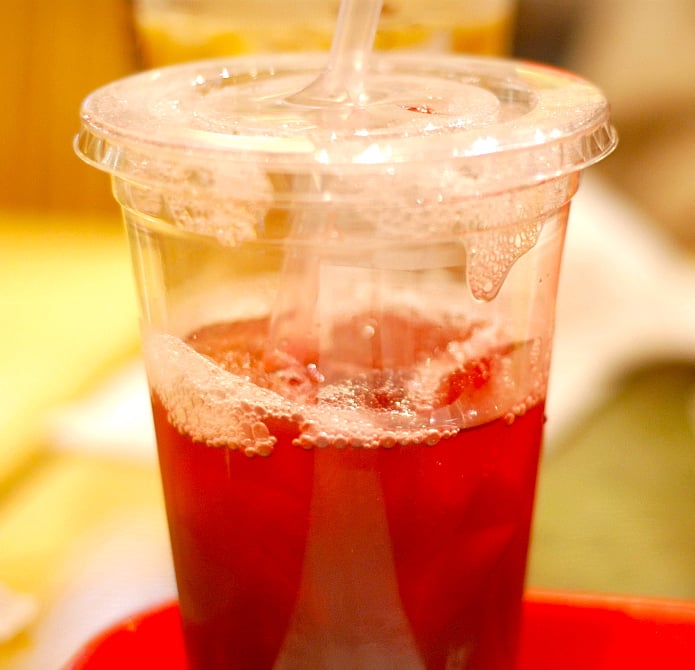An FYI. My mother used to take Lasinopril (sp?) for high blood pressure. It gave her a terrible dry cough and she quit taking it. Then I read hibiscus tea was good for high blood pressure and bought her tea where hibiscus was the 2nd ingredient. Then one day I found one where it was all hibiscus tea and bought that. It made her dry cough come back (so the active ingredient in lasinopril must come from hibiscus). Anyway, if you develop an unknown cough, it could be from the hibiscus tea.
cbetter / Originally posted on Better than green tea?
Answer:
The mechanism of action for the blood pressure lowering effect of hibiscus tea does appear to be the same (at least in part) as that very drug. Both hibiscus and lisinopril act to inhibit an enzyme called ACE.
When our kidneys detect a drop in blood pressure they release an enzyme called renin into our bloodstream which converts a protein secreted by our liver into something called angiotensin-I which in our lungs is converted into angiotensin-II by our angiotensin converting enzyme (ACE). That angiotensin II then acts to constrict our arteries and boost our blood pressure–isn’t our body neat?
Anyway, lisinopril (and the anthocyanin phytonutrients that so brilliantly color hibiscus flowers) inhibits ACE, preventing the formation of angiotensin II and subsequent rise in blood pressure. But that’s not all ACE does; it also degrades bradykinins, which can increase cough reflex sensitivity. So that’s the reason ACE inhibiting drugs may cause coughing in up to a third of users and it makes sense that hibiscus could cause a similar reaction. Plants can be powerful! (check out my video Power Plants). So there’s definitely science to back up your intuition cbetter–thanks so much for sharing (and letting me geek out on physiology :). If she develops a chronic cough on hibiscus, she should stop drinking it.
I talk about a diet-based approach to curing hypertension in my 2012 presentation Uprooting the Leading Causes of Death.
Image credit: punctuated / Flickr
